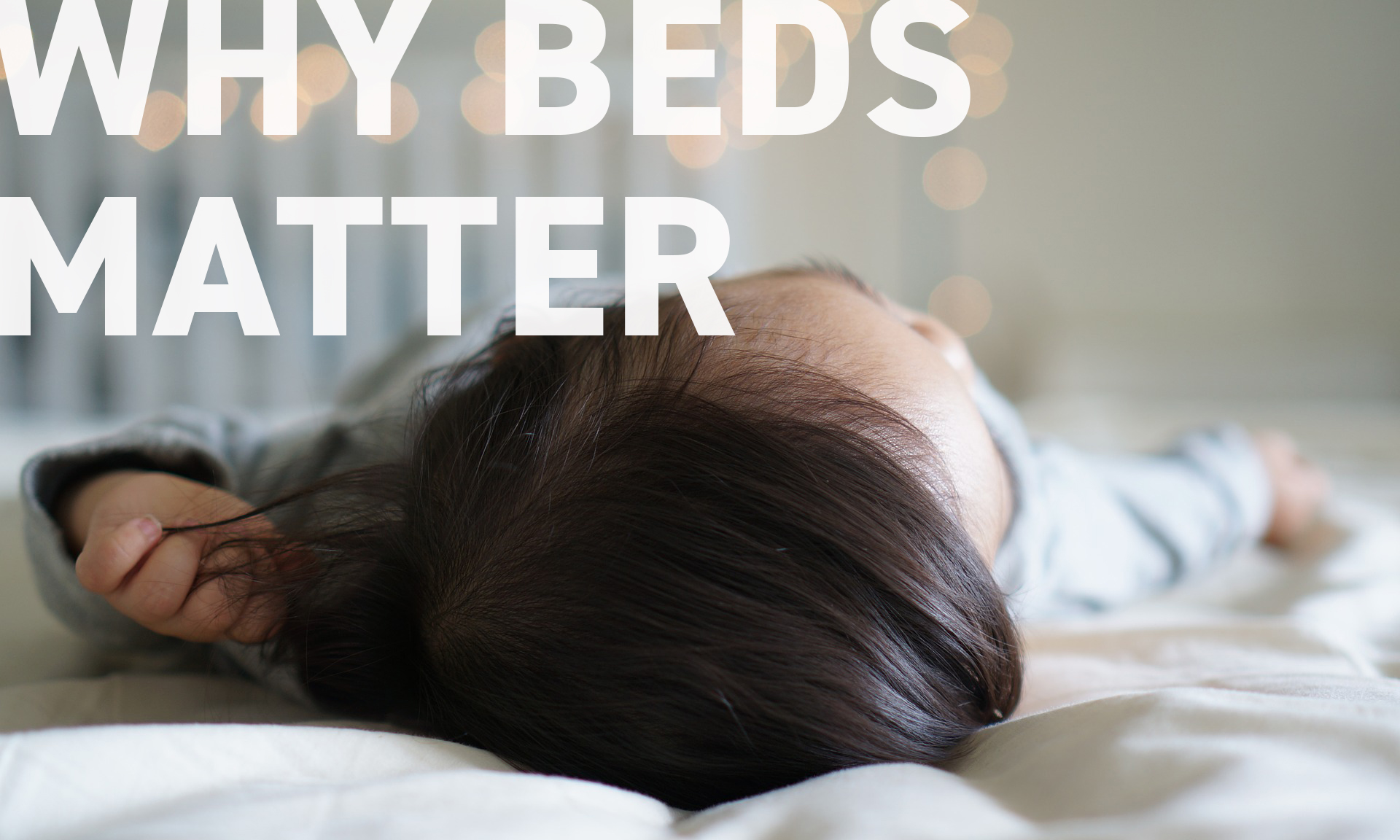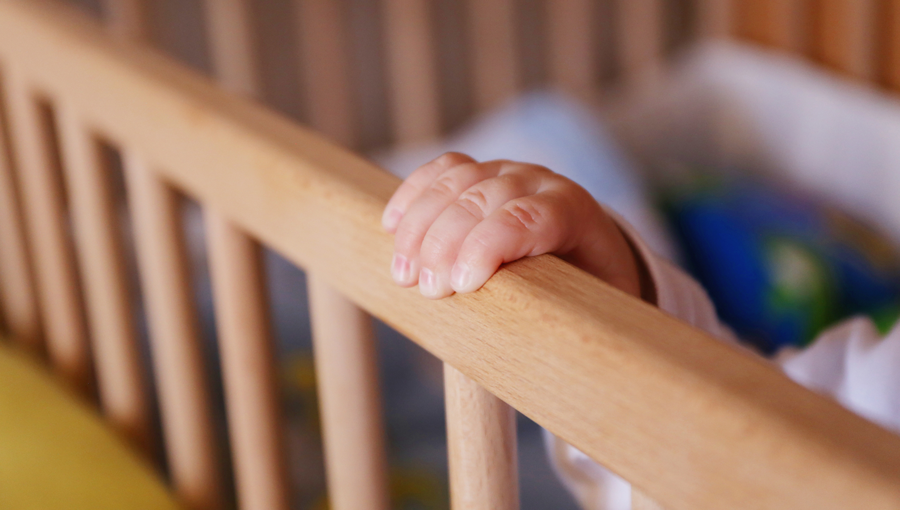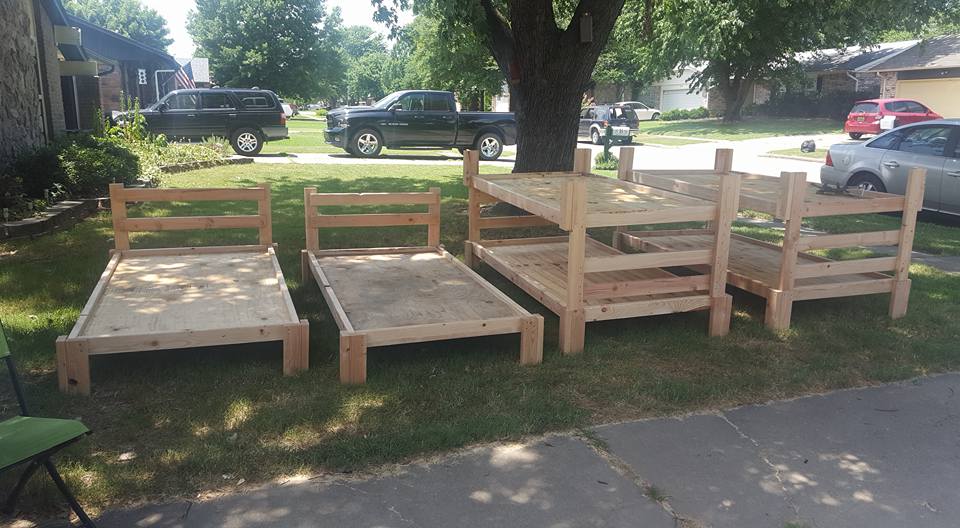
Why do beds matter?
If you have ever responded to a local need via CarePortal, chances are high it included assembling and delivering a bed. Over and over again, it is the most commonly requested item, and one which we typically take for granted.
So, why is that? What’s the big deal about beds?
Once a family has come to the attention of U.S. child welfare (whether or not a child has been removed from their home and placed in temporary care), the child welfare worker will try to meet their needs. Many families live in poverty and may not have the resources to obtain beds, adequate food or other essentials. The worker will then try to obtain community resources to allow the child to remain safely in the home. If the child must be removed and placed in kinship or foster care for safety reasons, the worker must then meet licensing standards, which includes a bed for the child.

Here are a few examples of situations when a bed helps:
- Safety of a child
A single mother of a newborn is ready to leave the hospital and is planning to have the baby sleep with her in her bed because she doesn’t have money to buy a crib. Obtaining a crib for the baby would allow a safe sleep environment for the baby.
- Well-being of a child
During an investigation, a worker notices that the children sleep on pallets on the floor. Although this is not a safety issue, nor a reason to remove the children from the home, the worker wants to obtain beds and mattresses for the children to increase their well-being and strengthen the family’s care for their children.
- Permanency — Reunification of biological family
A child or sibling set has been placed in temporary care (foster care OR with extended family or close family friend, such as a pastor, teacher or godparent, which is called a “kinship placement”) for a time, and the biological parents have completed all necessary goals in order to reunify with their children and have them move home. Before their children were removed, they had sleeping arrangements that involved sleeping on mattresses on the floor, co-sleeping, etc. Now that they have a case plan with the state, with oversight by the court, they may be required to have beds for each individual child (with some exceptions based on age/gender). The biological parents may not have the funding to acquire all the bed and bedding necessary, delaying the return of their children to their home, as the ONLY barrier keeping them from reunifying.
- Permanency — Placement with kinship caregiver
A child or sibling set has been removed from biological caregivers, and there is a kinship caregiver willing to care for the children. Even if the kinship family is not licensed, in order to be allowed to house the children, they must have appropriate bedding as specified by the state and may not be able to afford the cost of acquiring what is necessary. This would prevent this kinship provider from being able to care for the child/children and cause the children to have to be placed in a licensed foster home where they have no connections or relational history. Placement with kin is one of the evidence-based practices to achieve timely and sustained permanency for children.
- Permanency — Foster licensing of kinship caregiver
A child or sibling set has been placed with a kinship caregiver as determined to be in his/their best interest. However, in order to receive any state funding or support to care for the children, the relative or kin needs to become officially licensed as a foster home (requiring them to meet the state standards required for licensed foster families). Acquiring the necessary beds, dressers and other items necessary to meet the standards is costly, but the funding from the state could be absolutely necessary in being able to meet the needs of the children. If they cannot acquire what is needed to go through the steps to be licensed, they will not be able to get the state funding to care for the children, keeping them in a perpetual state of financial strain while they are caring for their relatives.

Help meet a child’s basic needs
Whether you donate a crib, organize a bed building day, or respond to one of the hundreds of other types of requests that come through CarePortal each month, you are making a difference. There are so many ways you can support children and families in your community.
If your church is already enrolled, talk to your Point Person or find open requests in your community! Not involved yet? It’s great day to take your first step: